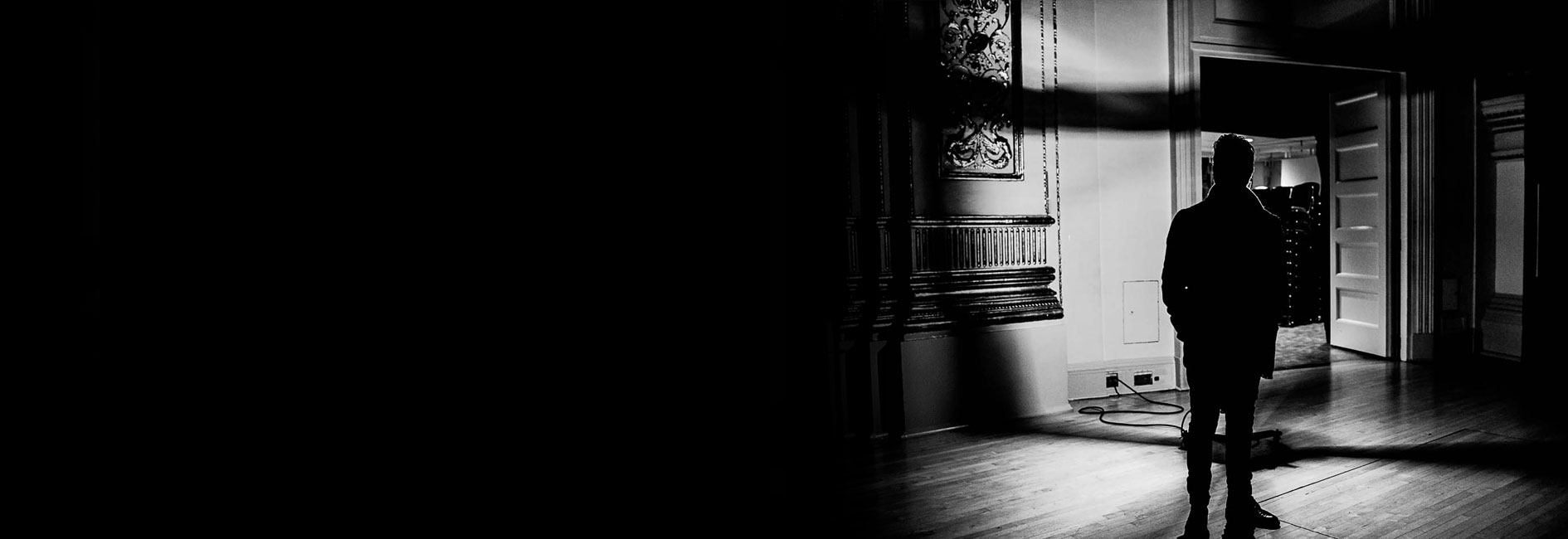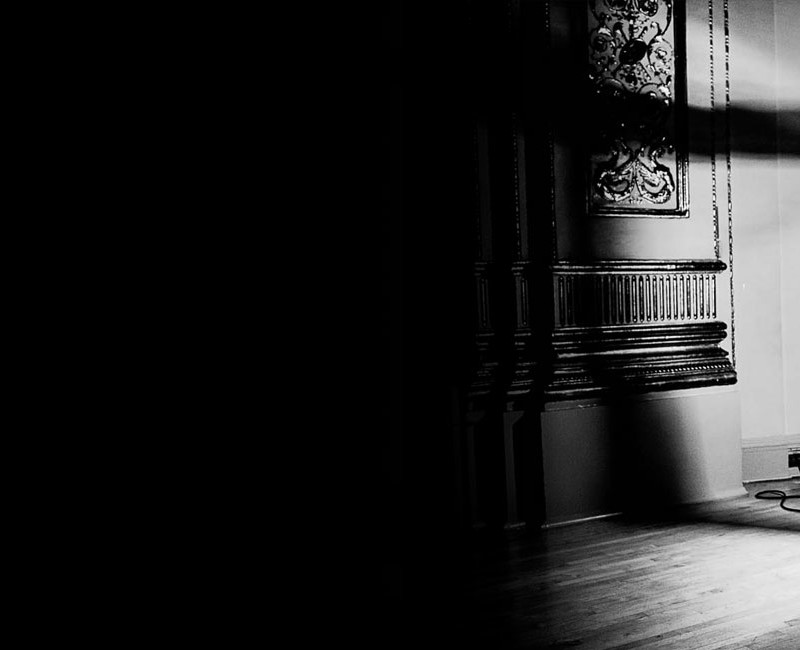Unbounded Curiosity
01 Oct 2011
It does sometimes happen that a specialist in early music finds himself on the rostrum of a symphony orchestra. It is far rarer for one to try his hand at contemporary music too. So, if we look at Pablo Heras-Casado’s schedule for the year, we cannot but be amazed: John Adams’s Nixon in China at the Canadian Opera is followed by symphony concerts of music by Beethoven, Berg, Mahler, Mozart, Mendelssohn, Bruch, Dutilleux, Schnittke, Copland, Debussy, Haydn and Prokofiev, interspersed by an evening of Saariaho or Tchaikovsky, a Stravinsky programme, excerpts of Bach’s Christmas Oratorio, Weinberg’s Violin Concert, or stage productions of Gluck’s Iphigenie auf Tauris and Toshio Hosokawa’s Matsukatse, the last-named as a first performance. Not to mention the announcement of a future ongoing association with the Freiburger Barock-Orchester, one of the world’s best early-music ensembles, and a first appearance with the Berlin Philharmonic, performing a none-too-everyday programme: Mendelssohn, Szymanowski and Berio.
Anyone who arranges such a concert calendar for himself is either mad or a genius. Pablo Heras-Casado is presumably the latter. At the very least the 33-year-old from Granada is probably the most unusual of the young conductors currently in the process of conquering the great orchestras. There are only two things for which we will search in vain in his calendar: choral concerts and Renaissance music. But that’s not because he couldn’t do those too, if he wanted to.
“I came into contact with music when I was in the school choir,” says Heras-Casado. “At the age of nine I learned to play the piano, and when I was ten I joined a choir where very soon we sang Renaissance music. I found this very exciting, and to this day the repertoire of the 16th and 17th centuries remains my foundation. I sang in small choirs, and when I was 17 I formed my first a cappella ensemble. Not in order to be a conductor, but in order to implement my own ideas on how this music should be performed, and to carry on working with friends. After a few months we added instruments, and since then I’ve been conducting.”
After leaving school Heras-Casado studied art history, travelled to master classes, and trawled thousands of scores. “What I earned by giving piano and composition lessons and from my first concert fees, I invested at once in sheet music and CDs, as well as in trips to see conductors and attend master classes. But it was very important for me to continue to have a ‘proper’ life as a conductor with my own ensembles. I maintained contact with practical music-making.”
Heras-Casado has never formally studied conducting, but the certificates from the master classes gave him access to the Andalusian Youth Orchestra, which led to engagements to conduct professional Spanish orchestras in family concerts. A further master class allowed him to look behind the scenes at the Paris Opera, and the first international enquiries soon followed. In 2007 he won the conducting competition at the Lucerne Festival (the jury included Eötvös and Boulez), and since then his career has seemed unstoppable.
The repertoire became broader and broader, the orchestras better and better, and Heras-Casado’s curiosity wider and wider. “You discover more and more things which you want to study, where you want to recognize more and more connexions. Many composers wrote their most courageous pieces for chamber ensembles, which is why a conductor must be familiar with Haydn’s and Beethoven’s quartets, Liszt’s sonatas, Chopin’s piano music. I am still very interested in the history of art, but my latest passion is dance. There is so much still to discover.”
When the Spaniard enthuses about his profession in his friendly, modest fashion, one can only take him at his word: he is happy all round. “Of course my life at the moment is incredibly intense, and I have to work hard. But for me it’s as though a dream had come true. No two ways about it.” He has so far rejected the idea of becoming chief conductor of a major orchestra; he prefers to guest-conduct his favourite orchestras or ensembles, or get to know new ones. Debuts with the Concertgebouw Orkest and the Met are already firm dates.
Next year, incidentally, Heras-Casado will also be conducting Richard Strauss and Ligeti, a first performance with the specialists of Ensemble Intercontemporain , and Donizetti’s L’elisir d’amore with the Balthasar-Neumann-Ensemble in Baden-Baden. The man really is either mad or a genius.

